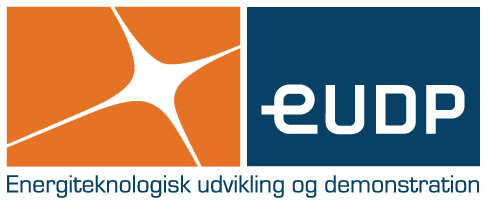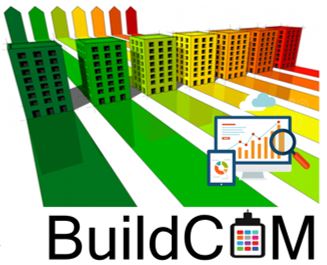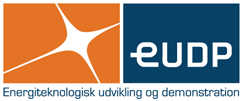Project Description
This project is driven by industry and customer needs. It responds to the increasing demands for energy efficiency, comfort, and safety in the buildings sector. The project brings together academic researchers, industrial companies and public partners, to develop and demonstrate an innovative first-its-kind software for automated BMS auditing and continuous building commissioning. The proposed software will aid design, development and operation of next generation building management systems. The project builds up on the online building energy performance monitoring and evaluation (ObepME) tool developed in COORDICY which will be combined with a holistic process for building management systems auditing and commissioning within the developed software solution. The developed software will be implemented and demonstrated in four case studies. Implementing the proposed solution, customers and building owners will have buildings with better energy efficiency, lower operation costs and less emissions.
This project will advance the state-of-the-art through the development and demonstration of an innovative software for building management systems automated auditing and continuous building commissioning. This first-of-its kind software will have three major capabilities and features:
- Initial commissioning of BMS
- Retro-commissioning of BMS
- Continuous building commissioning
Currently, there is a requirement for manual performance testing and initial commissioning before the building is handed over to the owner of a new or renovated building. These tests are currently performed manually, and the building owner cannot be guaranteed that the tests are actually performed or that the tests performed has the required quality since it is a complex task, which only a few persons have the ability to perform. The manual performance tests are very time consuming and thereby very expensive to conduct in addition to being prone to errors. Consequently, this increases the size of the budget when a company submits an offer in connection with a tender. The developed technology will reduce the price of performance tests and allow automated performance tests on a continuous basis thereby ensuring that the building performs as expected regarding energy efficiency at all times including initial hand in and operation phase.
The value proposition for the building owners is a guarantee that the building performs as expected with regard to energy efficiency, not only before the building is handed over but also continuously during operation and daily use. The direct benefits would be:
- Optimizing the energy performance of newly built and exiting buildings through ensuring a properly functioning building management system at the initial stage or throughout the building operation
- Reducing the energy consumption and improving the buildings energy flexibility quotient by ensuring high-level operation of the BMS while ensuring a smooth interaction and integration between various building components and energy systems
- Achieving operational costs savings and reductions in greenhouse gas emissions through implementing a continuous building commissioning process aiming to ensure a proper operation of the building throughout its operational phase while forming a backbone for a systematic fault detection and diagnostics framework
Project Summary
| Project period | October 1. 2019 to September 30. 2022 |
| Total budget | DKK 5.051.062 |
| Funding agency | EUDP |
| Organization managing the project | SDU Center for Energy Informatics |
| SDU project manager | Muhyiddine Jradi |
| Additional partners |
- Schneider Electric Danmark A/S - ReMoni - Sweco Danmark A/S - Region Hovedstaden - Odense Universitetshospital |

Project Delivery
IBACSA is an innovative holistic tool, developed under BuildCOM project, to provide a first-of-its kind instrument for building automation and control systems (BACS) assessment and smartness evaluation. IBACSA employs a hybrid qualitative-quantitative multi-criteria holistic framework. A specific set of relevant energy systems and their associated services form the basis of the proposed auditing and evaluation methodology. The targeted building domains comprise 60 different services in total based on guidelines and functionalities listed in the EN15232 standard. The proposed tool is able to quantify the specific impacts of the selected control functionalities based on five criteria, (1) Energy efficiency, (2) Maintenance and fault prediction, (3) Energy flexibility, (4) Comfort and (5) Information to occupants.

